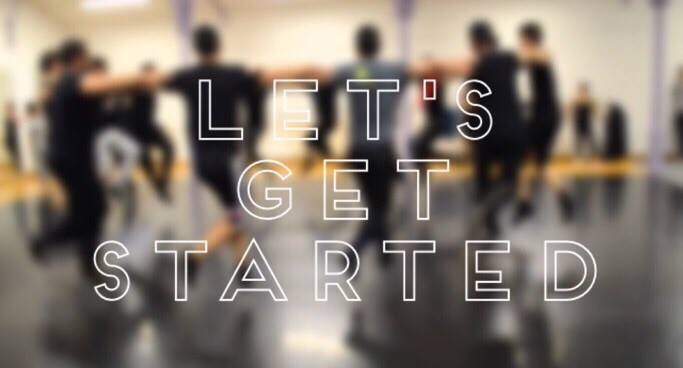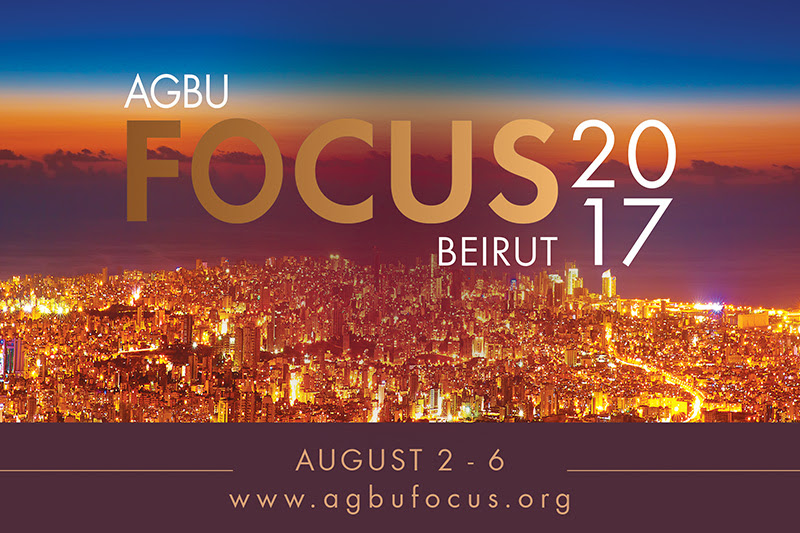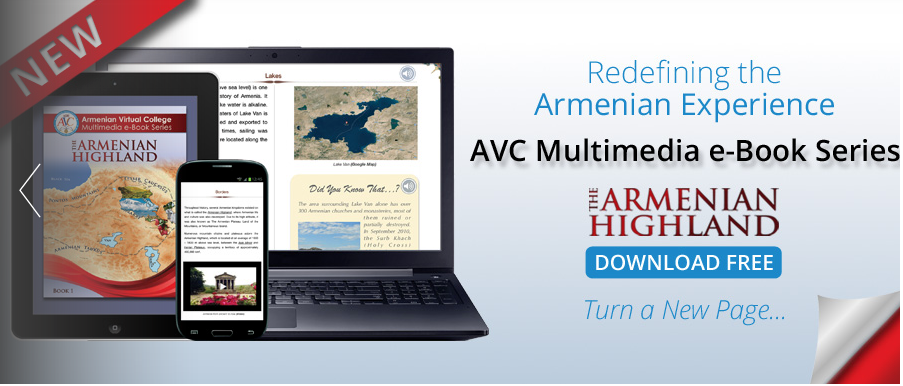Let’s talk about community (in the Armenian Diaspora)
A sense of community is central to members of the Armenian diaspora around the world. It is what soothes the pain of a lingering and unacknowledged history of genocide. As a result of the machinations of war, and a still palpable series of war crimes in 1915, Armenians today find themselves on a very short list of ethnic groups in the strangest of predicaments: most of the people in the world who identify as Armenian do not live in Armenia.
It is this background that propels so many Armenian people from around the world to get involved with Armenian organisations, to send their children to Armenian Schools, to play for Armenian sporting teams, to continue to dance traditional dances, to play and sing classical music. In recent years, however, there seems to have been a slow but noticeable decline in our commitment to community in Sydney.
Given how important community has been to the diaspora, it seems worth reflecting on what community is, how it works and what our experience of it is.
Some observations about community
Being part of a diaspora is associated with a kind of foundational trauma, one that laments that your home may not be where your heart is.
This fractured identity is felt most harshly by first and second generation migrants, whose stories of ‘back home’ seem so much closer in time and memory. For the oldest generation of migrants, the willingness and ability to be involved in their local Armenian community provides a sense of purpose that protects against feeling lost and alone in a strange place.
For the newest generation of Armenian diaspora, which now represent third and fourth generation migrant families, the purpose of and reason for involvement in community seems more varied and complex.Third and fourth generation diaspora are more settled in their ‘parent home’, partly because it is the only home they have ever known and partly because they are a product of the privileged environment that it has provided.
Today young Armenians ‘get involved’ for a range of reasons, including a sense of obligation to their parents, the desire to meet a partner, a commitment to culture and the preservation of history, a drive to improve and achieve in competitive sport, to develop interpersonal skills, for professional development or to simply make connections they haven’t been able to make elsewhere.
This scattered map of motivations is perhaps why older generations are so worried about why it is so difficult to motivate young people to join the cause. Without a single story or a clearly defined set of ideas to appeal to, the message behind and purpose of community can get lost.
But this fragmentation doesn’t only present obstacles, it also presents opportunities. The more reasons there are that motivate young people to be part of a community, the more ways there are to recruit them.
Some questions about community
One thing that might help provide some clarity is to ask a few questions about what community is. We have traditionally thought of the ‘Sydney Armenian community’ as a single thing. In our contemporary world it may, however, be more accurate to say that, like the reasons that motivate young people to be involved, there are many and various kinds of Armenian communities.
Some, like AGBU, ACYA, AYF, Homenetmen, Hamazkaine and Nor Serount, have long and proud histories. They can be identified by their crests, the school’s they run, the Agoumps they fundraise in, the sports teams they train and the barakhoump’s they teach.
Others are more informal: a group of friends who met at an Armenian event; old school mates who reconnected after years; lovers of Armenian art; the foreign husband baptised by an Armenian priest in order to marry the woman he loves; non-Armenians who are fascinated by Armenian culture. These informal communities cut across the boundaries of the more structured organisations, and sometimes they have nothing to do with them at all.
There is still ample opportunity to display unity, such as in attempts to lobby for recognition of our once forgotten genocide, the safe passage of Armenian refugees from conflicts in other parts of the world and contemporary threats to our homeland. But rather than wishfully insisting that there is only one Armenian community, it is worth acknowledging that our communities are diverse, so that when unity is required everyone feels connected to the cause.
Some personal reflections on community
I don’t blame young Armenians for not wanting to be involved in a cause that seems distant and irrelevant to the way they live their lives. But my own experience has taught me that the day-to-day activities of modern Armenian communities involve much more than mourning the losses of and demanding reparations for the events of 1915.
To me, Armenian community is about building a family of friends that can support us through the challenges of the modern world and help us to find our place within it. Getting involved has brought so many benefits, both for myself and those who surround and support me in my AGBU family.
Sometimes our communities place demands on us that we are not sure we can meet. Yet most of the time, with the help of the family of friends that make up the communities I am part of, I have felt able to rise to the occasion.
Sometimes we get lost in the histories of the crests or the formalities of the committees and community starts to look too much like competition. Yet most of the time those informal communities remind me of the bigger picture.
What does all this mean for the future of community in the Sydney Armenian diaspora? My advice to any young Armenian (or non-Armenian for that matter) who is contemplating joining an Armenian community is to remember that your options are plentiful. Being friends with an Armenian is just as valid as joining a committee. Asking questions about Armenian culture is just as valid as joining the barakhoump. But our communities are struggling, they need committee members and dancers and athletes.
So why not give it a go? You might try it and find out it’s not for you. Then again, you might just have the time of your life.
By Kev Dertadian, Ph.D.
AGBU Youth, Chairman
If you would like to discuss anything in this article, please feel free to contact me at [email protected]





